"Happiness is not an external object; it is the choice of attitudes we make." Swami Mukundananda.
Throughout human history, happiness has been one of the most sought-after states. The ancient philosopher Aristotle teaches that cultivating virtue and morality is the only way to achieve true happiness. We cannot attain this transcendent state through material possessions or external circumstances; we make it a daily choice by nurturing positive attitudes and focusing on what truly matters.
मच्चित्ता मद्गतप्राणा बोधयन्त: परस्परम् |
कथयन्तश्च मां नित्यं तुष्यन्ति च रमन्ति च ||
mach-chittā mad-gata-prāṇā bodhayantaḥ parasparam
kathayantaśh cha māṁ nityaṁ tuṣhyanti cha ramanti cha
Translation: "With their minds fixed on Me and their lives surrendered to Me, My devotees remain ever content in Me. They derive great satisfaction and bliss in enlightening one another about Me and in conversing about My glories."
beautifully illustrates that lasting happiness comes from aligning our thoughts and actions with something greater than ourselves. It can be attained through serving a higher purpose or connecting with the Divine. Happiness is an unconditional good that anyone can achieve by striving for God-realisation.
Meditation is a transformative journey towards self-realisation. It helps us to peel away the layers of ego and illusion, revealing the innate peace and clarity that reside within us. By cultivating a profound connection with our higher selves, we can navigate life's challenges with equanimity and grace. Mediation is a way of life that helps us to integrate mindfulness and conscious living into our daily routines, infusing every moment with purpose and meaning. Ultimately, meditation invites us to embark on a journey of self-discovery and spiritual evolution, leading us towards a state of lasting happiness rooted in spiritual fulfilment.
In conclusion, the search for lasting happiness requires a shift in perspective from external factors to internal attitudes and connections with something greater than ourselves. The teachings of Aristotle, the Bhagavad Gita, and the practice of meditation all point towards the same truth: happiness is a choice we make daily by cultivating positive attitudes, aligning our actions with a higher purpose, and connecting with our inner selves. By embracing these teachings and practices, we can access a state of joy and contentment that is not dependent on external circumstances but is rooted in our spiritual fulfilment.

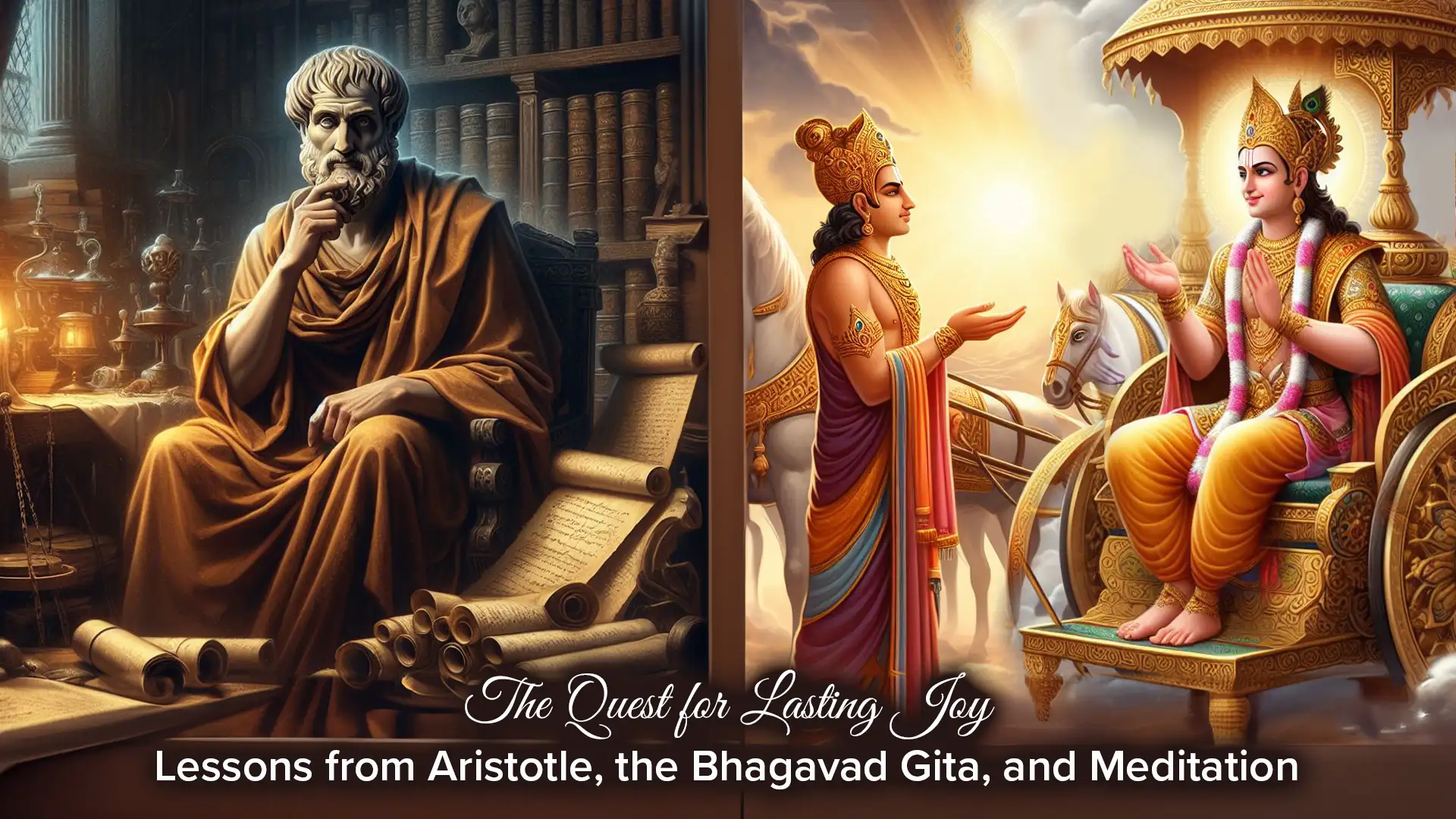
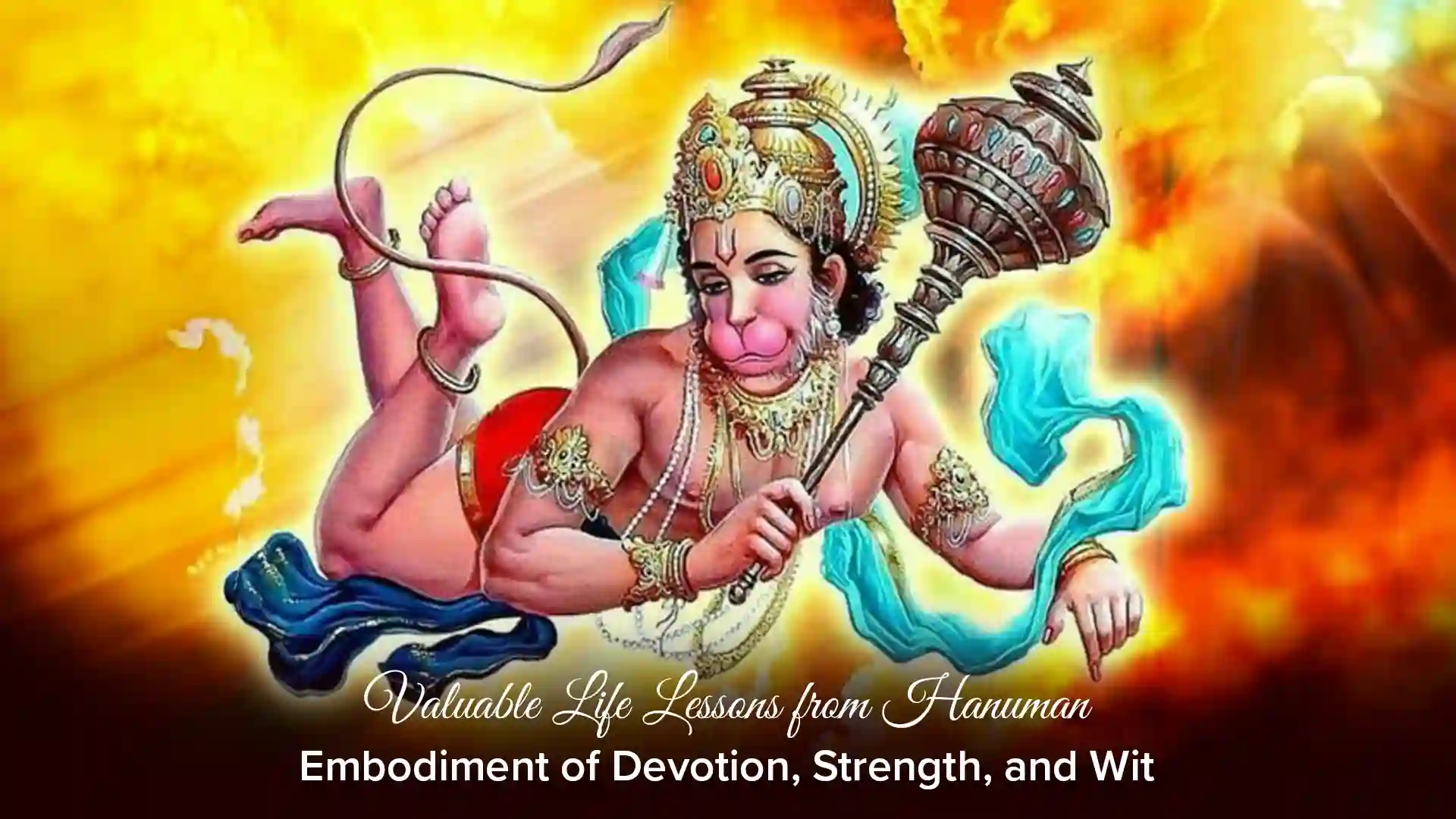
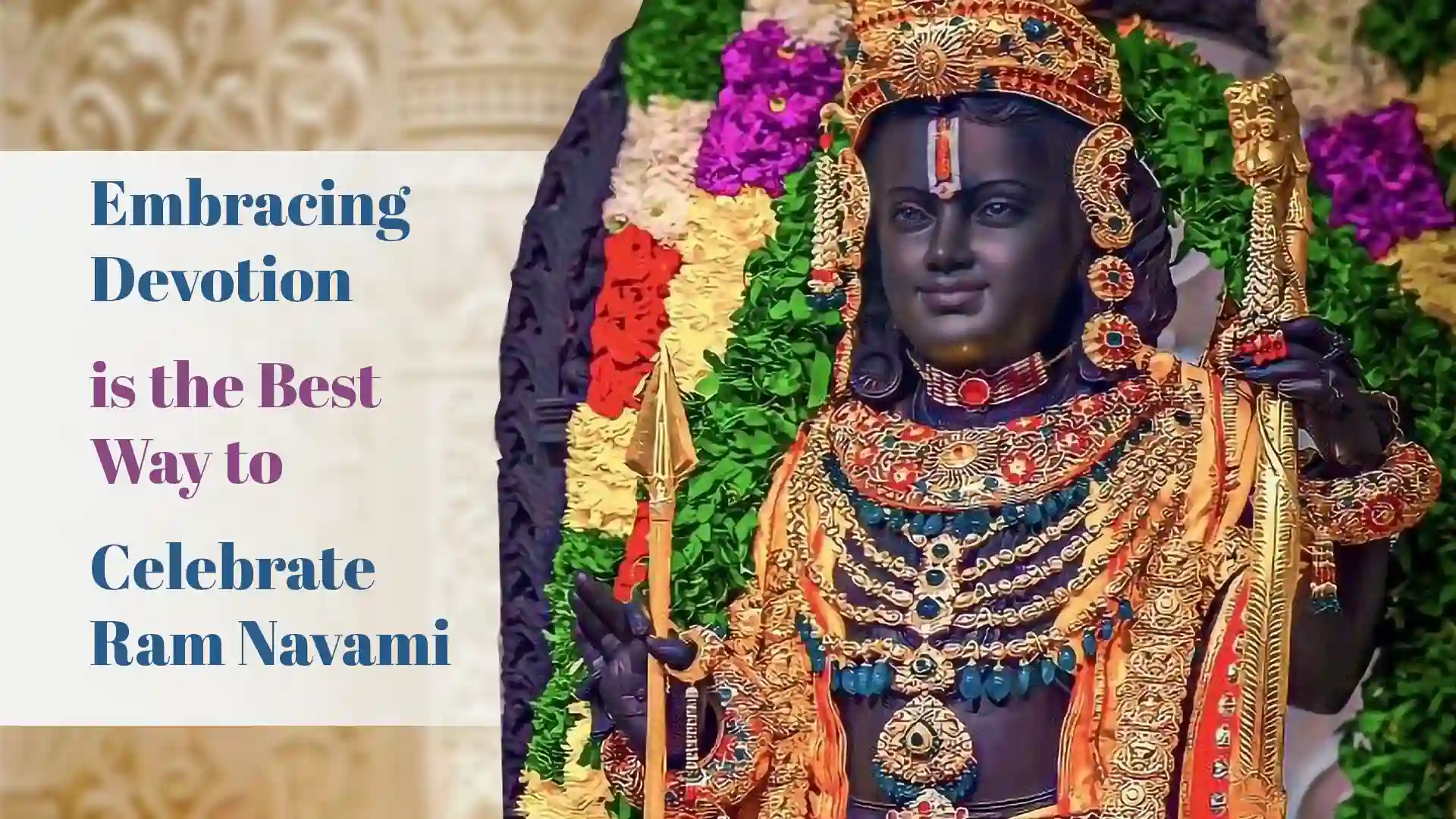
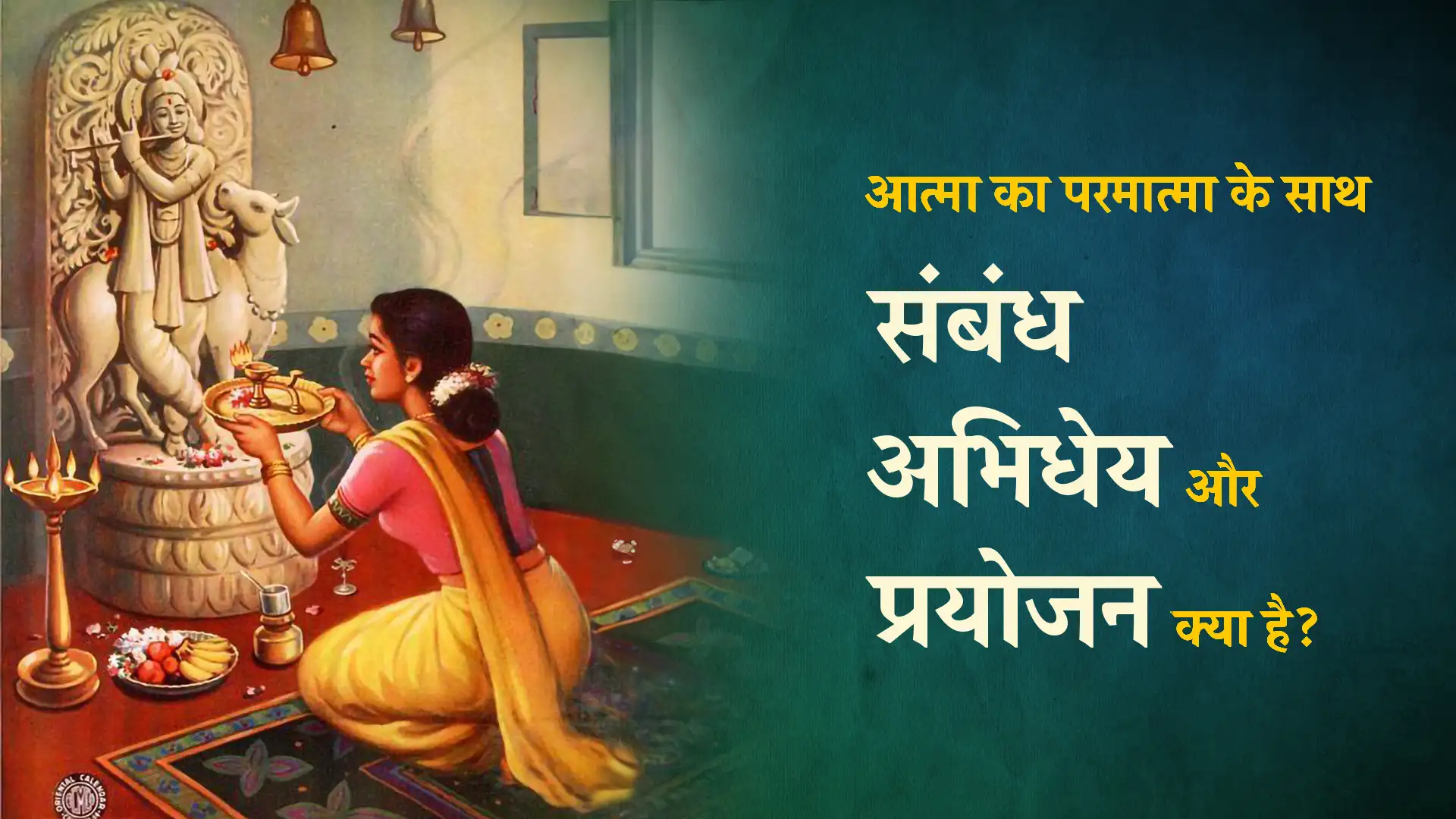
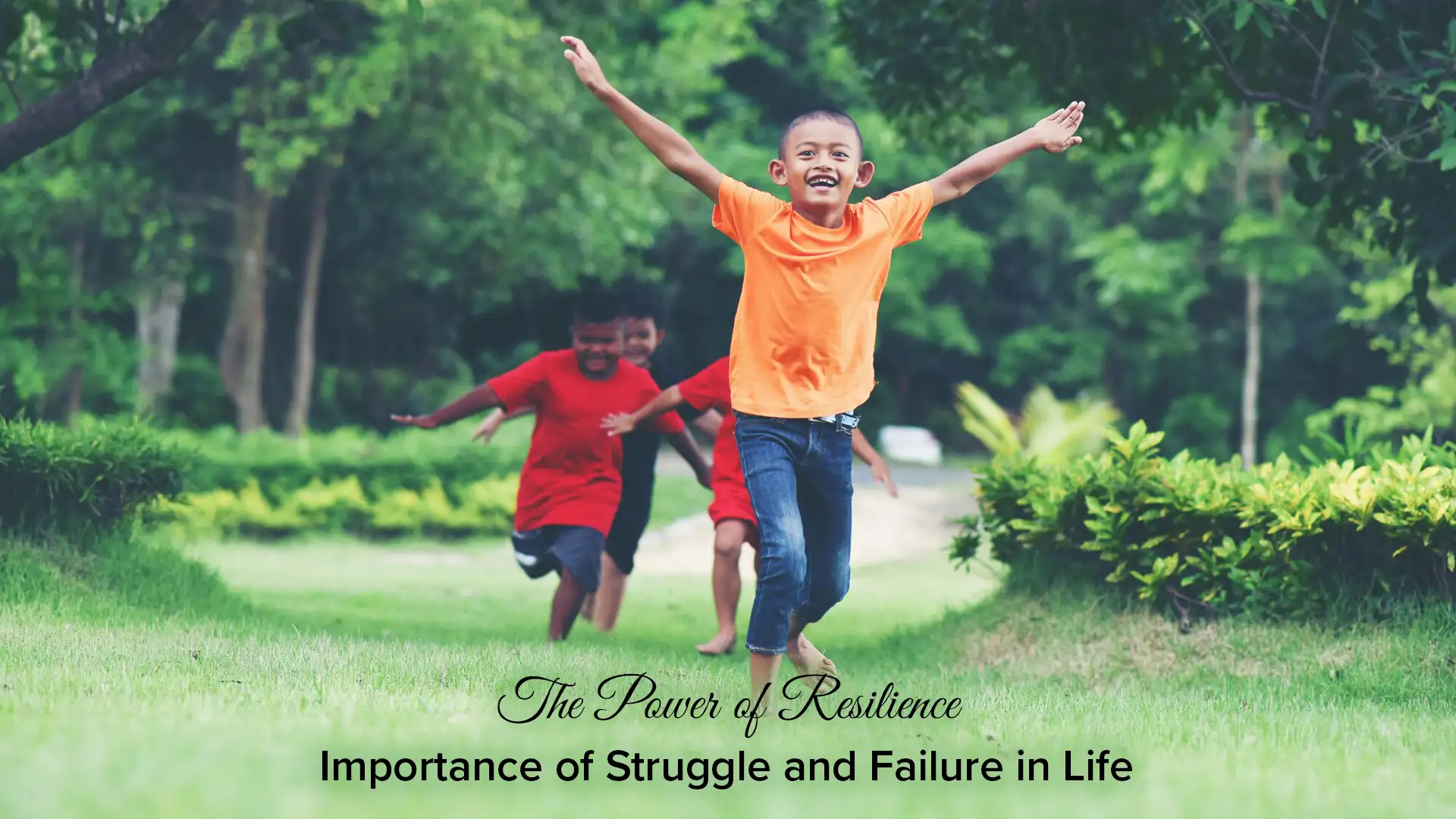

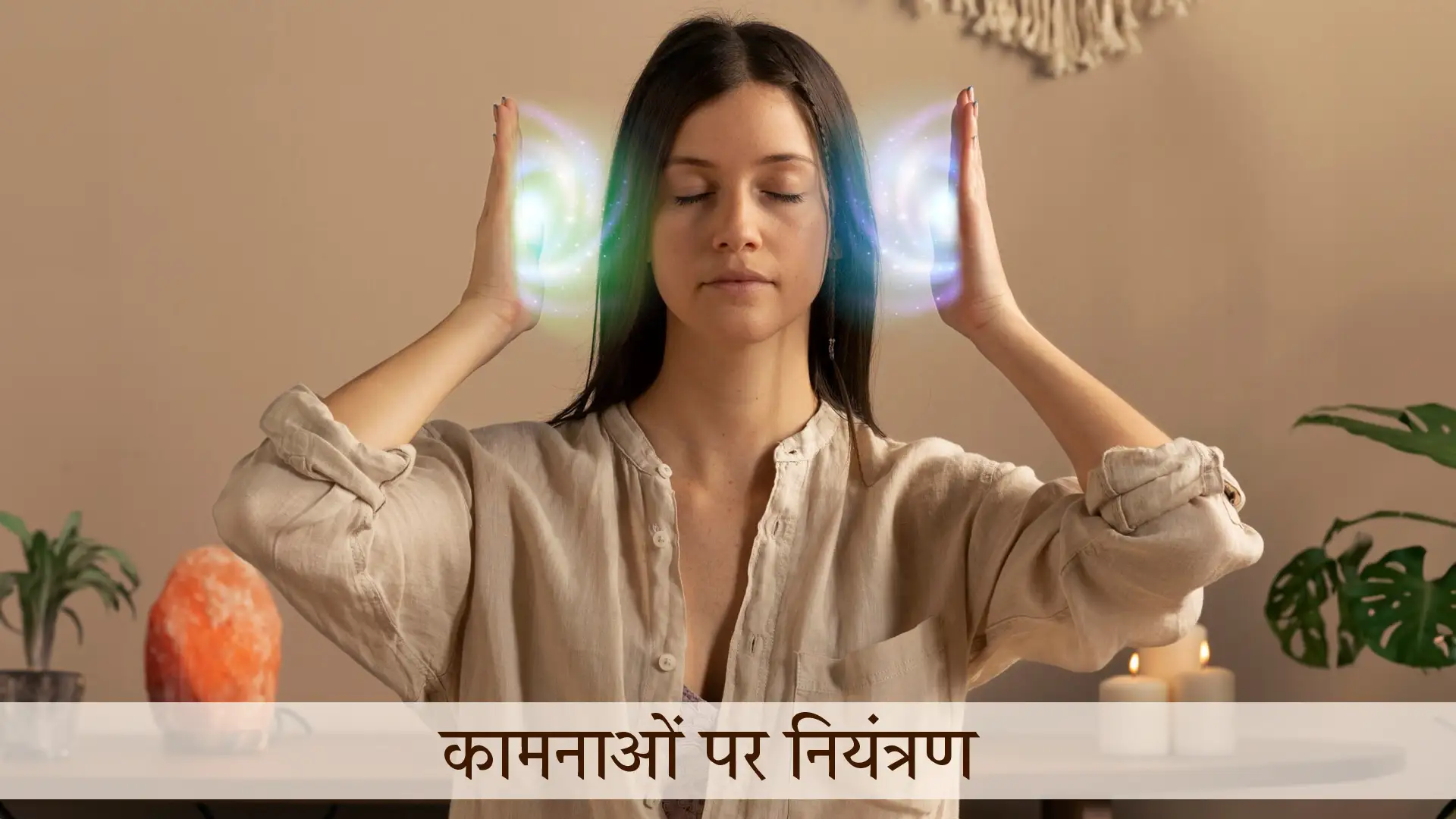
What our Participants say